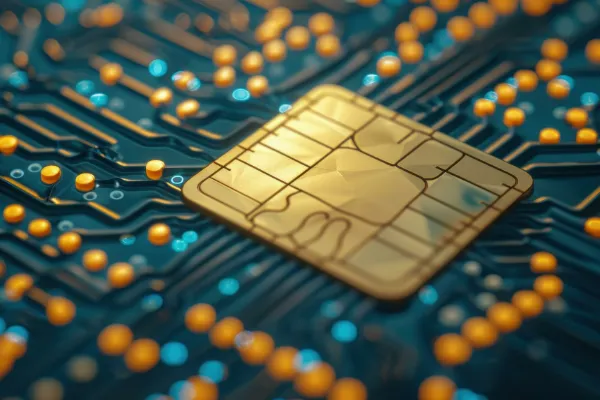
Understanding Credit Card Processing Fees: A Merchant's Guide
“The world is changing very fast. Big will not beat small anymore. It will be the fast beating the slow.” - Rupert Murdoch
Introduction:
Are you a business owner? If so, you're probably no stranger to credit card processing. But here's something that might surprise you: the key to streamlining your transactions lies in harnessing the power of a single payment processor for all your business dealings. Don't underestimate it!
Dreaming of launching your own business? Perfect! Dive in as we unveil the secret to picking the perfect payment processor for your venture and decode the mystery of fees—your success may just depend on it!

With that said, here are 8 topics that will help you better understand credit card processing! 👊
1. Interchange Fees - The Biggest Slice of the Pie
Interchange fees are the largest and often most confusing component of your credit card processing costs. These fees, set by the card networks (Visa, Mastercard, Discover, American Express), are paid to the issuing banks for each transaction.
Understanding how interchange fees are calculated and how they vary based on card type and transaction details is crucial for managing your processing expenses.
2. Assessment Fees - What They Are and Who Pays Them
In addition to interchange, you’ll also encounter assessment fees, which are paid directly to the card networks. While often smaller than interchange, these fees still contribute to your overall processing costs.
3. Markup Fees - What Your Processor Adds On
Beyond interchange and assessments, your payment processor adds their own markup fees to each transaction. These fees represent the processor’s profit margin and can vary significantly between providers.
4. Different Pricing Models (Interchange Plus, Tiered, Flat Rate)
Navigating the world of credit card processing pricing can feel like deciphering a foreign language. Processors offer various pricing models, including interchange plus, tiered, and flat rate, each with its own advantages and disadvantages.
5. Hidden Fees to Watch Out For (Monthly minimums, PCI compliance fees, etc.)
While the main components of processing fees are usually disclosed, there are often hidden fees lurking in the fine print of your merchant agreement.
These can include monthly minimums, PCI compliance fees, early termination fees, and more.
6. Negotiating Your Processing Rates - Tips and Strategies
Did you know that your credit card processing rates are often negotiable? While interchange fees are non-negotiable, you can often negotiate your processor’s markup and other fees.
This article provides practical tips and strategies for negotiating lower rates, helping you save money on your processing costs and improve your bottom line.
7. The Impact of Card Type on Processing Fees (Rewards cards, business cards)
Not all credit cards are created equal, and this is especially true when it comes to processing fees.
Certain card types, such as rewards cards and business cards, typically incur higher interchange rates due to the additional benefits they offer cardholders.
8. Understanding Your Monthly Processing Statement
Your monthly processing statement can be a complex document filled with jargon and confusing calculations. However, understanding your statement is crucial for monitoring your processing costs and identifying any discrepancies.
